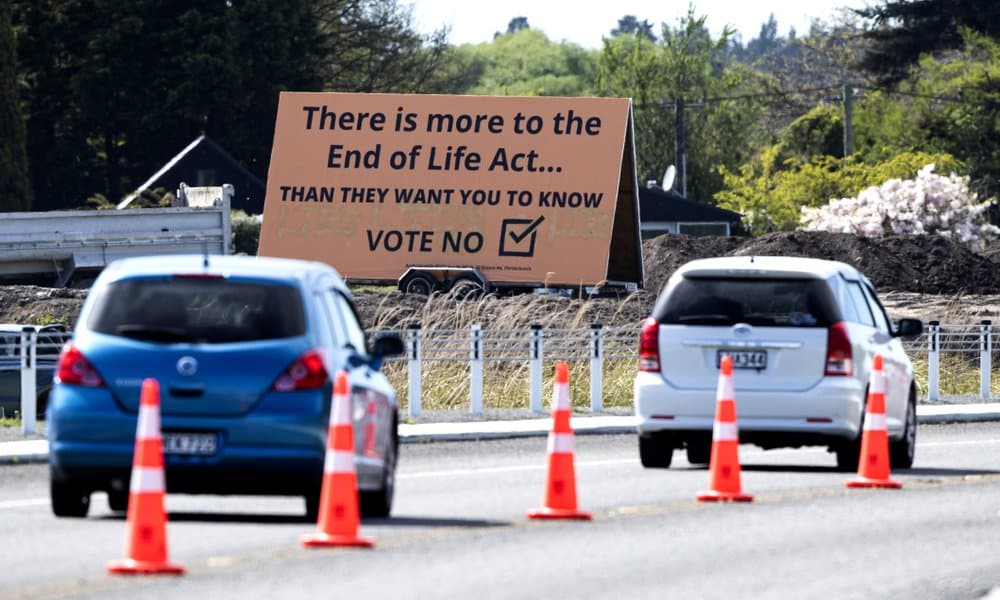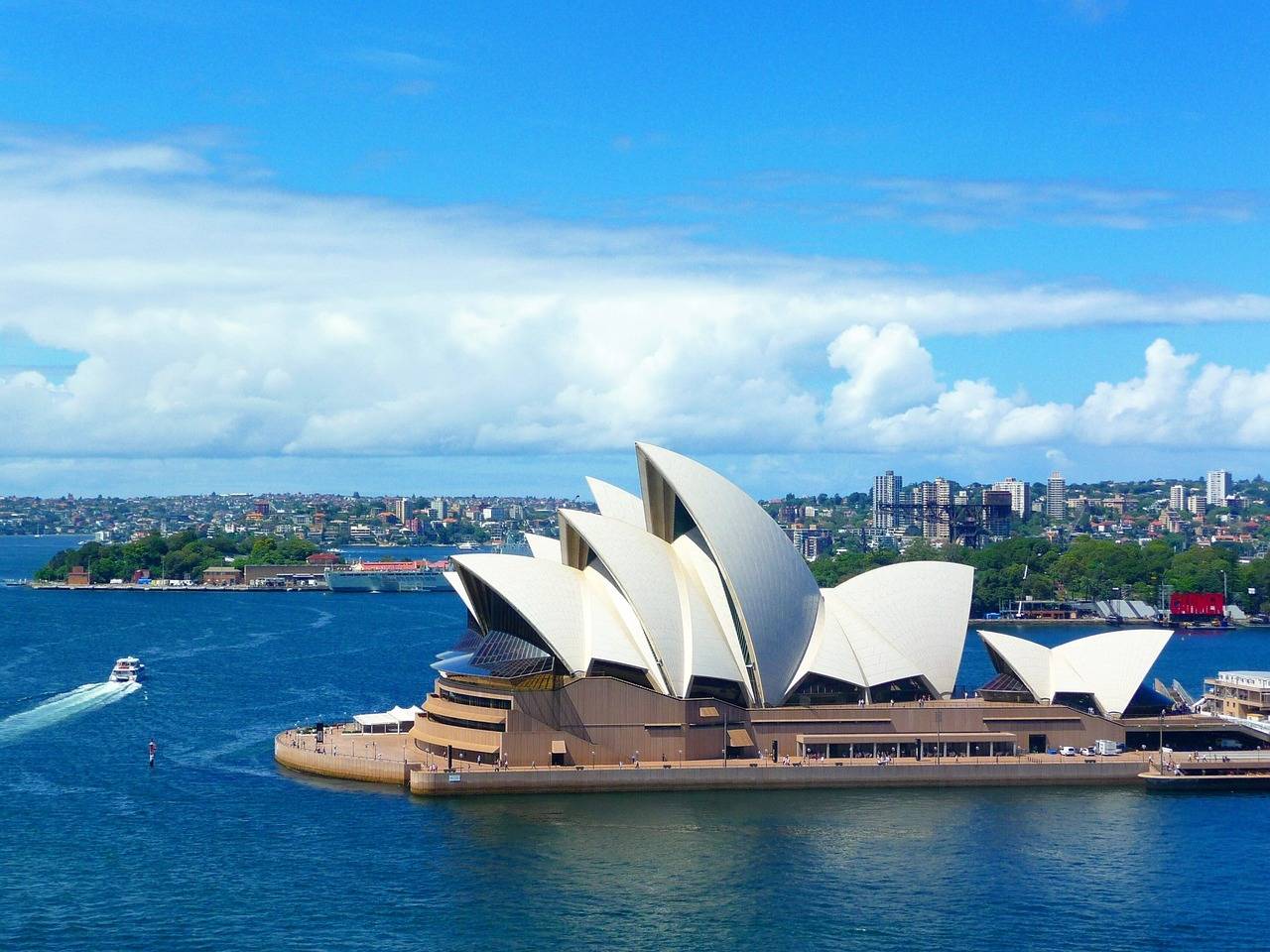New Zealand’s decision to legalize euthanasia puts the country on a “dangerous path” and brings “a new and unwelcome dynamic” into the lives of those facing terminal illnesses, according to says the ethics expert for the country’s Catholic bishops.
A referendum on the issue was run alongside the Oct. 17 general election – results were released on Oct. 30, showing voters supported introducing euthanasia by a majority of 65.2 percent to 33.8 percent.
The referendum was on legislation which had already passed New Zealand’s parliament: This means the End of Life Choice Act 2019 must come into force by Nov. 6, 2021.
“We have to accept that we are about to cross a rubicon – a line of no return,” said Dr. John Kleinsman, the head of the Nathaniel Centre for Bioethics, a thinktank established by the New Zealand bishops’ conference.
“This result goes against the tide of opinion worldwide with 33 jurisdictions around the world having rejected similar laws in the last five years, including the UK and Scotland, because of the risks it poses for vulnerable people,” he said in an Oct. 30 statement.
In the build-up to the referendum, New Zealand’s Catholic Church has pointed to problems with the proposed legislation, which the bishops said should even concern those who support euthanasia, including the fact there is no requirement for a person to talk about their decision with a trusted family member or friend; no mandatory cooling off period as in other countries – a person could be dead less than four days after diagnosis; no need for independent witnesses; a lack of safeguards and process for detecting coercion as well as depression; and no requirement that a person be competent at the time they make the final decision to take the lethal drugs.
Kleinsman said “there has never been a more dangerous time” to introduce euthanasia, citing the pressures facing New Zealand’s health system, “including inequitable access to quality palliative care and mental health support, and, most disturbingly, rising rates of elder abuse, loneliness and social isolation amongst our elders.”
He also noted that overseas research shows that eligible people primarily choose euthanasia not because of intractable pain but for existential and social reasons.
“That disturbs me and many others,” he said.
He also noted that the law does not legally mandate other choices such as access to quality palliative care or address the health gap that exists between different groups of New Zealander.
“This law won’t improve health outcomes for those who are already disadvantaged by the current health system, including Maori [New Zealand’s indigenous population] who die on average seven years earlier than the rest of us and who are 2.5 times more likely to die of particular diseases that the rest of us. Looked at like this, the referendum result cannot be described as a victory for choice for a majority of people that includes the most disadvantaged,” Kleinsman said.
The ethicist also said it was a “huge concern” that the law is broader in scope than other laws overseas and will make it easy for anyone diagnosed with a terminal illness to choose an assisted death – affecting between 20,000 to 25,000 people each year.
“For very many people the End of Life Choice Act will bring a new and unwelcome dynamic into their lives – the very presence of the option of euthanasia will present as a burden and a pressure for many people and families,” he said.
“In addition, the introduction of assisted death will have a huge impact on all those who work with the dying – doctors, nurses and other health carers as well as chaplains, priests and lay ministers. We will be reflecting in the coming months with these groups as to how the law will impact the people they care for, as well as the carers themselves,” Kleinsman continued.
“Many people will no doubt see the option of an assisted death as akin to adding another food choice to an already existing café menu when in fact the change represents a shift in the whole dining experience that will affect everything on the menu as well as the service you get,” he added.
“Many people will hail the result as a step forward but for me it’s a step backward. I’m predicting it will only be a matter of time before our MPs will come under pressure to broaden the law even more – that is what has happened overseas and why would it be any different here? This law puts us on a very dangerous path, and today is just the start.”
Follow Charles Collins on Twitter: @CharlesinRome














